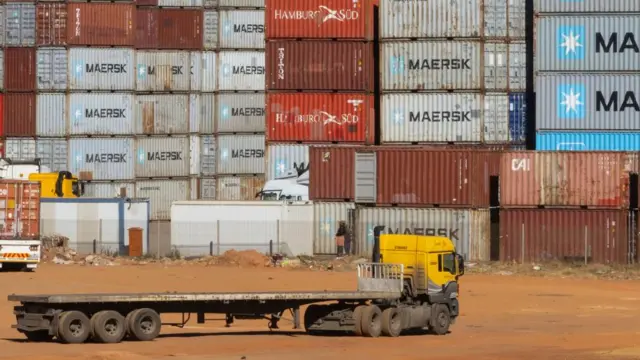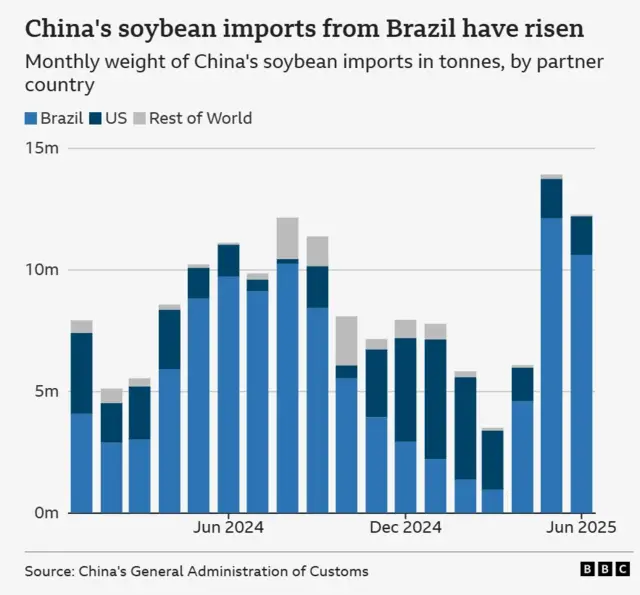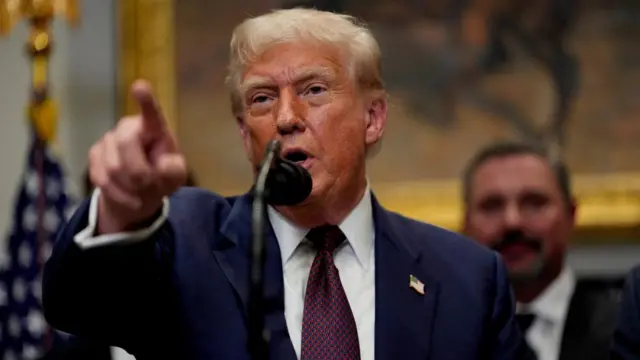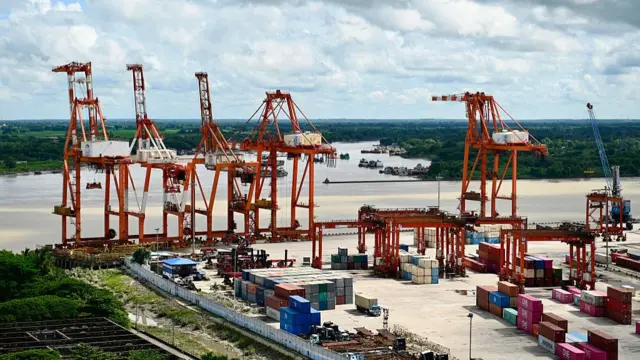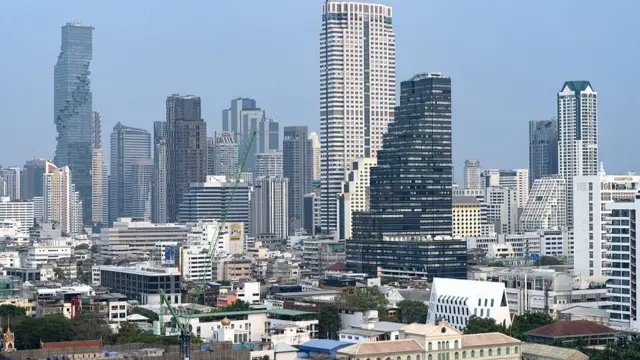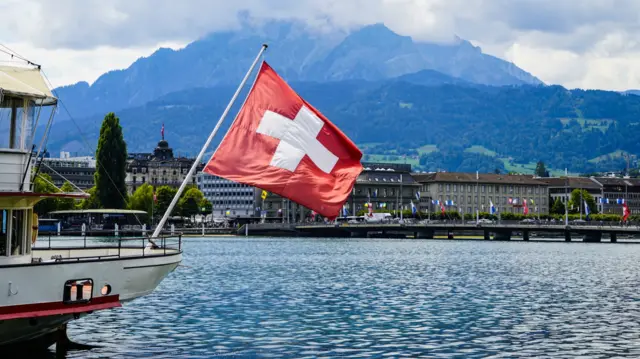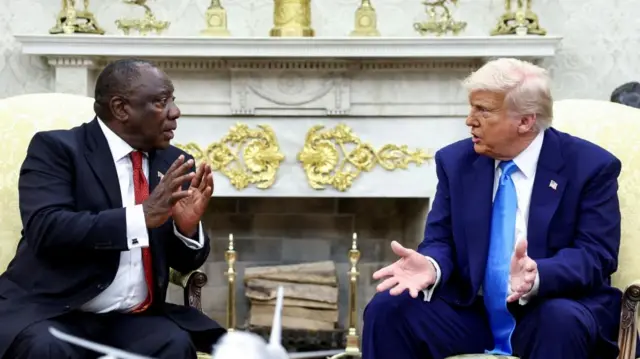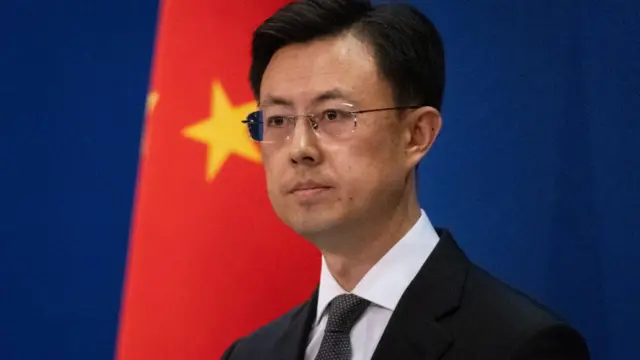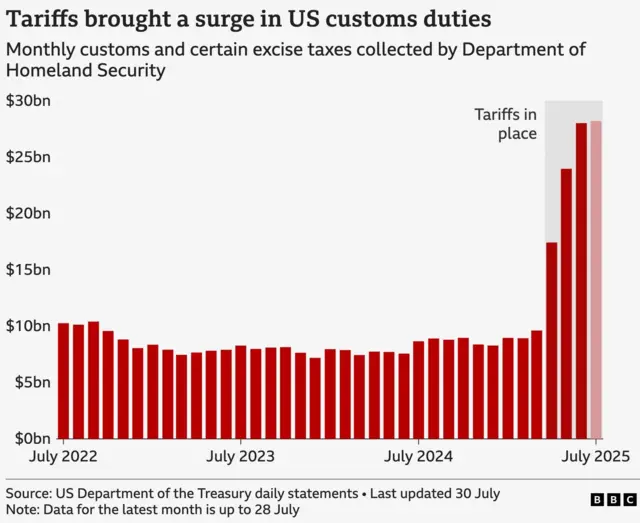What impact will tariffs have on prices in the UK?published at 13:01 BST 1 August
 Dharshini David
Dharshini David
Deputy economics editor
There is a ray of hope here.
As it stands, when you look at inflation forecasts they haven't really been nudged up on the back of this. Supply chains are complex things, and there could be some things that go up in costs because of third-party countries.
On the whole, it doesn't seem to be likely to have a huge impact on inflation. It may actually keep a lid on inflation if we see weaker demand elsewhere in the world.
Silver linings, eh?








